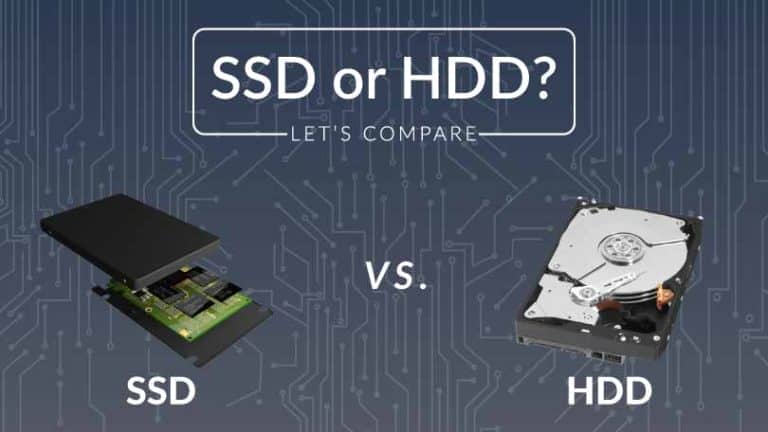Hard Drives vs. Solid-State Drives: Understanding Failures and Recovery
Hard drives (HDDs), though built for endurance, are not invincible. Recognizing early signs of damage and seeking expert intervention is paramount. DIY attempts, though tempting, can exacerbate the damage, making data recovery even more challenging.
Let’s delve into the common culprits behind hard drive failures:
Common Causes of HDD Failures:
Head Crash:
- This occurs when the hard drive’s read/write head physically touches the magnetic platter. Such contact can cause significant damage to both the drive and the data. Warning signs include unusual clicking or grinding noises.
Mechanical Failure:
- If your drive emits strange sounds, it might be a mechanical issue. This category encompasses problems like misaligned heads, broken components, and seized motors.
Liquid Intrusion:
- Hard drives exposed to liquids risk damage from moisture and residue. Addressing this requires specialized tools and expertise.
DIY Mishaps:
- Home remedies often do more harm than good. It’s always best to leave data recovery to professionals, as the first recovery attempt is often the most successful.
Common SSD and Flash Drive Failures:
Physical Damage:
- Devices like smartphones, tablets, and USB sticks are prone to physical damage from drops and knocks. Such incidents can make data inaccessible unless addressed by experts with the right spare parts.
Electronic Failures:
- SSDs, laden with intricate electrical components, can become inaccessible due to failures. Unlike HDDs with moving parts, SSDs rely heavily on these components.
Medium Errors:
- SSDs use NAND flash chips, which, despite their limited lifespan and high bit-error rate, store data efficiently. However, built-in error correction can only handle a certain number of bit errors. Beyond that, expert intervention is required.
HDDs vs. SSDs: Which is More Vulnerable?
Contrary to popular belief, SSDs pose more significant recovery challenges than HDDs. With a plethora of manufacturers employing diverse techniques, coupled with features like wear-levelling and block mapping, SSDs are intricate devices. These features, designed to enhance performance and extend NAND flash memory chip life, make data recovery from SSDs more complex. However, with the right expertise and tools, recovery is feasible.
In conclusion, whether it’s an HDD or an SSD, timely intervention by professionals can make all the difference in data recovery.


